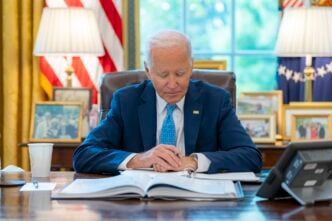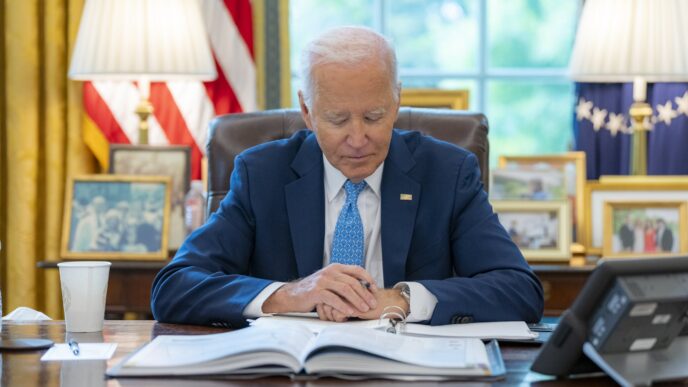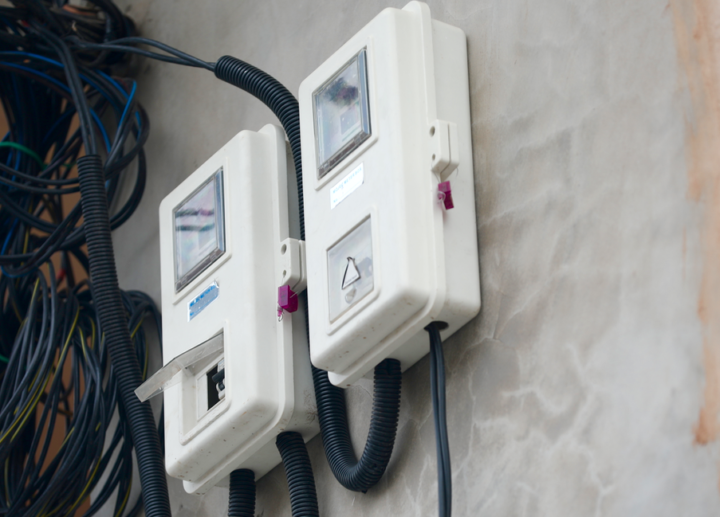BudgIT, a civic-tech organisation, says Rivers emerged top in the maiden edition of its fiscal performance ranking for states.
The organisation, in its report launched on Tuesday, titled ‘Moving Healthcare Delivery from Suboptimal to Optimal,’ used five different metrics for ranking all 36 states.
BudgIT said the metrics include index A, which examines states’ ability to meet operating expenses (recurrent expenditure) with only their internally generated revenue.
“Index A1 looks at the percentage year-on-year growth of each state’s IGR. Index B reviews states’ ability to cover all operating expenses and loan repayment obligations with their Total Revenue (Internally Generated Revenue + Statutory Transfers + Aids and Grants) without borrowing,” the organisation said.
Advertisement
“Index C estimates the debt sustainability of the states using four major indicators. A. foreign debt as a % of total debt. B. debt as a % of revenue. C. debt Service as a % of revenue, and D. personnel cost as a % of revenue. Index D evaluates the degree to which each state prioritises capital expenditure over its operating expenses (recurrent expenditure).”
According to BudgIT, Rivers state maintained the number one spot in the fiscal performance for 2023.
The civic-tech firm said the top five states are Rivers with 250 points out of the set 100-point marker, followed by Lagos (143/100), Anambra state (139/100), Kwara (120/100), and Cross Rivers (111/100).
Advertisement
“Kebbi state achieved the most remarkable improvement, jumping 12 places from 28th to 26th, while Jigawa state experienced the steepest decline, dropping 16 spots to land at the 36th position. Rivers and Lagos were the only two states that generated more than enough IGR to cover their operating expenses, with IGR to operating expense ratios of 121.26% and 118.39%, respectively,” BudgIT said.
“Several other states, including Ogun, Anambra, Cross River, Kwara, Kaduna, and Edo, managed to generate IGR sufficient to cover at least 50% of their operating costs, with the rest relying on federal transfers.”
In the report, BudgIT also said the combined revenue of all 36 states in Nigeria increased significantly by 31.2 percent from N6.6 trillion in 2022 to N8.66 trillion in 2023.
“This growth rate exceeded the previous year’s increase of 28.95%, indicating a notable improvement in fiscal performance. Of the total revenue generated in 2023, Lagos state contributed N1.24 trillion, representing 14.32% of the cumulative revenue of the 36 states,” the report added.
Advertisement
‘HUGE INVESTMENTS NEEDED TO PROMOTE GROWTH’
Speaking about the report, Iniobong Usen, BudgIT head of research and policy advisory, said there was a need for states to heavily invest in infrastructure and human capital development.
“The fiscal viability and long-term sustainability of states heavily depend on their capacity to mobilise revenues internally by effectively leveraging their natural resource endowments, technology, public-private partnerships, human capital, and effective consequence management,” Usen said.
“This capacity is crucial for financing essential infrastructure, investing in human capital development and social protection, meeting the new minimum wage and its consequential adjustments, and repairing the fractured social contract.
Advertisement
“To achieve debt sustainability, states must also curb their reliance on foreign loans, especially in light of exchange rate volatility and shrinking fiscal space, to minimise exposure to unfavourable exchange rates.
“Additionally, states should establish robust frameworks for debt transparency and accountability, ensuring that borrowed funds are allocated to high-impact projects with clear economic returns.”
Advertisement
On the importance of the report, Gabriel Okeowo, country director, BudgIT Foundation, said the report is aimed to spark a conversation about the need for subnational governments to prioritise resource management and investments in critical sectors, such as health.
“The State of States report looks at how states can finance their budgets with revenues generated internally, viz-a-vis their dependence on federal allocation,” he said.
Advertisement
Okeowo also said the report looks into how states prioritise investments in human capital development and the sustainability of their borrowings.
Advertisement
Add a comment










